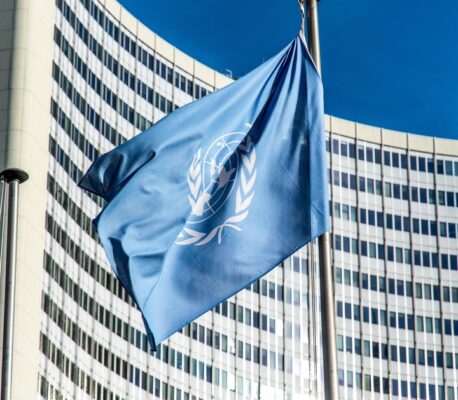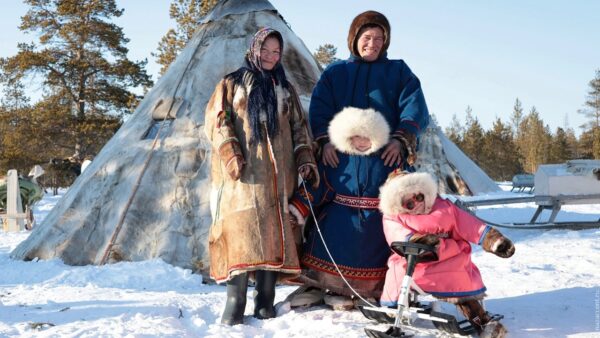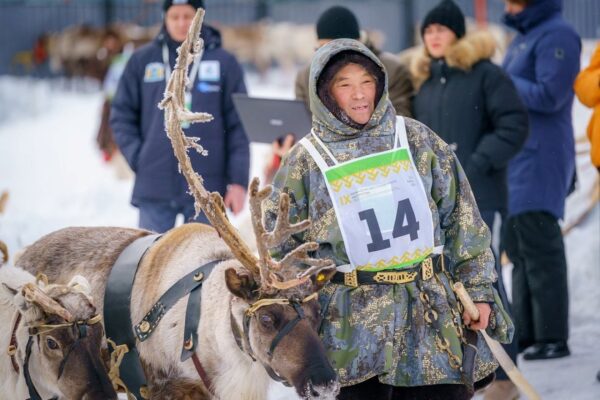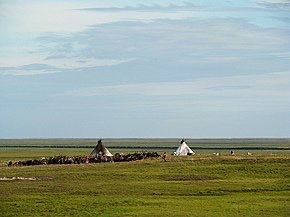Court refused to recognise Mansi
The second-instance court of the Khanty-Mansi Autonomous Okrug refused to recognise a resident of Urai town and her children as representatives of the Mansi.
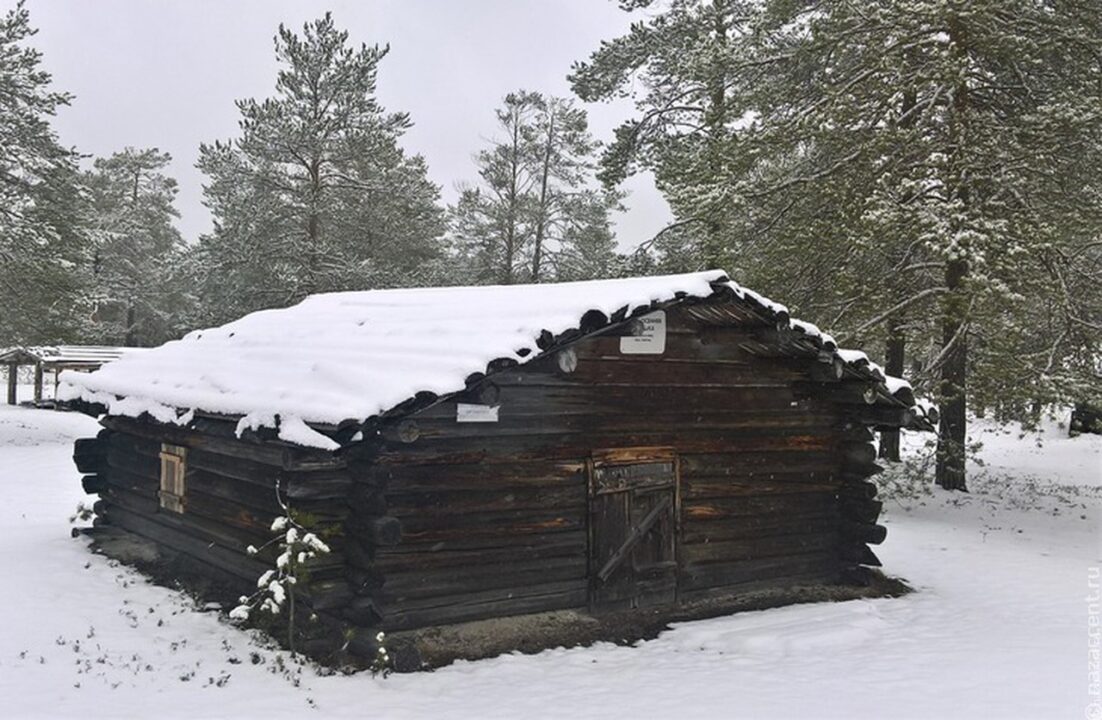
The woman had appealed against the decision of the court of first instance. In the meantime, it had been explained that the claimant’s great-grandmother and grandmother were registered as Mansi, while her father and the claimant herself were registered as Russians. ‘The appellant had no documentary proof that his family belonged to the Mansi ethnic group,’ the court’s press release said. The appellant also did not challenge the decision, arguing that she does not live in a traditional Mansi habitat, does not engage in traditional economic activities and has not preserved the Mansi language.
In the complaint, the woman had stated that her membership of the Mansi people had to be legally established, as her family was due to receive the benefits provided for indigenous people by the Khanty-Mansi Autonomous Okrug – Yugra, and one of the family members was a hunter and therefore needed a hunting licence.
The court of second instance justified the refusal on the grounds that it is mostly a question of financial support, but the law only provides grants and benefits for those who maintain traditional ways of life and crafts. It was explained to the woman that it is still possible to fish, hunt and collect plants from the wild, regardless of nationality.
According to the laws of the Russian Federation, an indigenous people is defined as a people of less than 50,000 who live in their native land. The law provides that support is granted to those who are included in the lists of indigenous peoples and is subject to a court decision.
According to the last census, there are 12,228 Mansi living in the Russian Federation. Compared to the previous census in 2010, their number has remained unchanged. However, recently there has been a significant increase in the number of several indigenous peoples. For example, the number of Nenets has increased by as much as 11%. This has been attributed to the subsidies granted to indigenous peoples. However, the number of speakers of the ethnic language has declined significantly. For example, the number of Mansi speakers was 1,346 in the last census of 2021, while 2,093 people, or only 17% of Mansi speakers, considered Mansi as their mother tongue.
